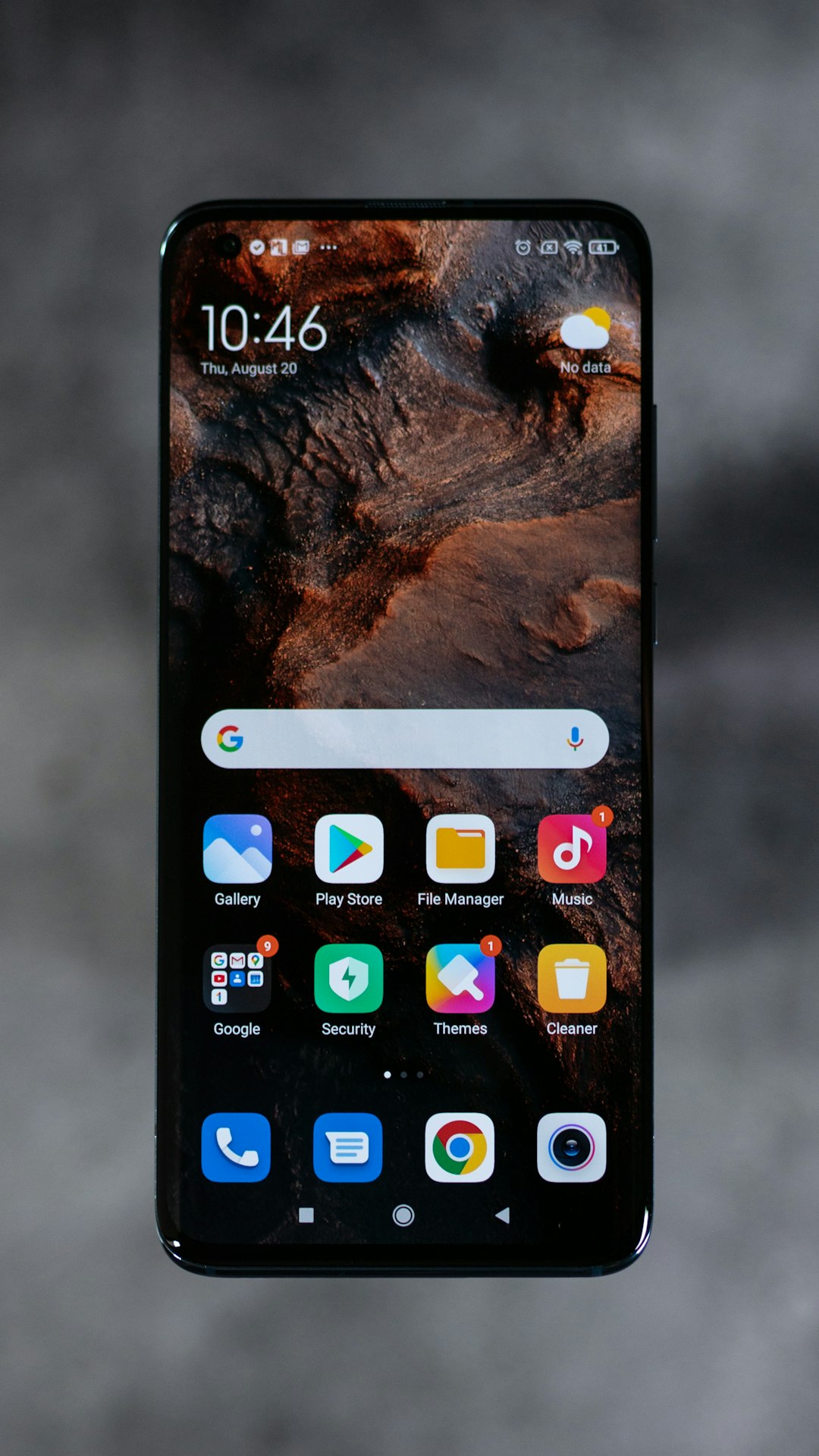In Ohio, including Dayton, robocalls are regulated by state and federal laws, offering consumers legal protection against privacy invasions. Those who experience emotional distress or unwanted calls can take action under the Telephone Consumer Protection Act (TCPA), allowing them to sue for damages without prior consent. Consulting with a specialized attorney is essential to understand rights and potential compensation when dealing with robocalls in Ohio.
“In the digital age, Dayton, Ohio consumers are increasingly plagued by robocalls—pre-recorded messages from telemarketers or debt collectors. This article delves into the pervasive issue of robocalls in the region, exploring their impact on residents’ daily lives. We examine legal protections available to Ohio consumers and guide them on their rights and potential recourse when facing excessive or harassing robocalls. Additionally, practical strategies are offered to combat these unwanted calls, including legal actions like suing robocallers under specific circumstances.”
Understanding Robocalls and Their Prevalence in Dayton, Ohio

Robocalls, automated telephone calls often used for marketing or telemarketing purposes, have become a ubiquitous part of modern life in Dayton, Ohio, and across the nation. These pre-recorded messages can be intrusive, especially when they are unwanted or misleading. In recent years, there has been a significant increase in robocalls targeting consumers, leading to widespread frustration and even legal action.
Dayton residents, like many others, often find themselves on the receiving end of these calls, prompting questions about their rights and potential legal recourse. One common query revolves around the question, “Can I sue for robocalls Ohio?” The short answer is yes; Ohio has implemented laws to protect consumers from intrusive phone marketing practices. These regulations offer a safeguard against excessive or deceptive robocalls, empowering individuals to take action if they feel their privacy rights have been violated.
Legal Protections for Consumers Against Robocalls in Ohio

In Ohio, consumers are protected from unwanted robocalls by state and federal laws. The Telephone Consumer Protection Act (TCPA) restricts automated calls made to telephone numbers listed on the Do Not Call Registry. Ohio also has its own Do Not Call list, which further safeguards residents from unsolicited calls.
If you believe you’ve been harmed by robocalls, including but not limited to emotional distress or invasions of privacy, you may have legal recourse. The TCPA allows consumers to sue for damages if they receive robocalls without prior consent. This means that yes, you can sue for robocalls in Ohio, and it’s important to consult with a legal professional who specializes in consumer protection laws to explore your options and potential compensation.
The Case for Suing Robocallers: Rights and Recourse

In Dayton, Ohio, as in many parts of the country, robocalls have become a common nuisance. However, they’re more than just an annoyance; they can violate consumer rights protected by both state and federal laws. If you’ve received unwanted automated calls, you may be wondering: Can I sue for robocalls in Ohio? The short answer is yes. Under the Telephone Consumer Protection Act (TCPA), consumers have the right to take legal action against companies or individuals who make or cause unwanted robocalls. This includes seeking damages for each violation, which can amount to significant compensation per call.
If you’ve been a victim of persistent or fraudulent robocalls, consulting with an attorney specializing in consumer protection law is a crucial step. They can help navigate the legal process and ensure you exercise your rights. In Ohio, there are strict guidelines on how businesses can contact consumers, and violators face severe penalties. Taking action not only protects your rights but also sends a message that such invasive practices won’t be tolerated.
Effective Strategies to Stop Robocalls and Protect Your Rights

Robocalls can be a nuisance and a violation of privacy, but consumers in Dayton, Ohio, have options to protect themselves. One effective strategy is to register on the National Do Not Call Registry, which restricts marketing calls to your number. Additionally, many phone companies offer call-blocking features or apps that filter out unknown numbers. Utilizing these tools can significantly reduce the volume of unwanted robocalls you receive.
For more aggressive measures, consulting with a legal professional is advisable. If robocalls are causing substantial harm or financial loss, individuals in Ohio might consider suing for relief under state and federal laws that regulate telemarketing practices. Can I Sue For Robocalls Ohio? Absolutely. Legal action can deter abusive calling practices and recover damages. Stay informed about your rights, and don’t hesitate to take action against these intrusive calls.






